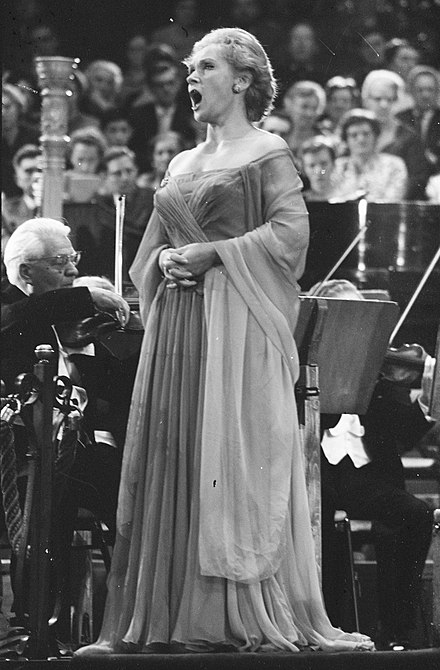By Daniel Hathaway
A day without events! It must be August in Northeast Ohio.
Click here to visit the ClevelandClassical.com Concert Listings page for future events (there’s an interesting weekend coming up).
INTERESTING READ:
A slow news day, too. The Harvard Gazette, a daily online journal, queried faculty scientists recently about their favorite books to recommend to non-scientists. William “Ned” Friedman, Arnold Professor of Organismic and Evolutionary Biology, and Director of the Arnold Arboretum replied,
“Immediately, one book comes to mind: My favorite book by Charles Darwin (and his last — published in 1881): ‘The Formation of Vegetable Mould Through the Action of Worms.’ While some of his books changed the world (‘On the Origin of Species,’ ‘The Descent of Man’) and some were highly technical (‘Orchids,’ ‘Barnacles,’ ‘Power of Movement in Plants’ …), his book on worms, which reflected a lifelong interest (beginning in the 1830s and ending with his death in 1882) in the slow but steady effects of earthworms on the terrestrial world is one of the most charming and heartwarming books I can imagine in the world of natural history books.
“It reveals the loving father, grandfather, and husband experimenting with earthworms with his family (wife Emma, son Francis whose wife had died in childbirth and was now living with his parents, and grandson Bernard) at Down House. Imagine the science: Darwin with a pot of worms trying to determine if they can hear. To conduct this experiment, his wife Emma is called upon to play the piano loudly, his son to play his bassoon, and his grandson to play a whistle! Darwin’s personification of the worms shows the true extent of his feelings for the intelligence of fellow creatures and his sly sense that something quite wonderful is lurking behind even the lowly earthworm.”
TODAY’S ALMANAC:
On this date in 2006, the famous German-born soprano Elisabeth Schwarzkopf (pictured above) died at her home in western Austria at the age of 90. Read Alan Blyth’s obituary in The Guardian here.
Toward the end of her career, which was equally divided between a handful of operatic roles and a great many Lieder, she sang Richard Strauss’s Four Last Songs on a live radio broadcast during the opening weekend of the inaugural Blossom Music Festival July of 1968 with George Szell and The Cleveland Orchestra (listen here). Three years earlier, she recorded those and other Strauss works with Szell and the London Symphony for EMI Classics.
A soprano of the old school, Schwarzkopf told Newsweek in an October 1990 interview what she thought of contemporary vocal music. “Many composers today don’t know what the human throat is. At Bloomington, Indiana, I was invited to listen to music written in quarter tones for four harps and voices. I had to go out to be sick.”




